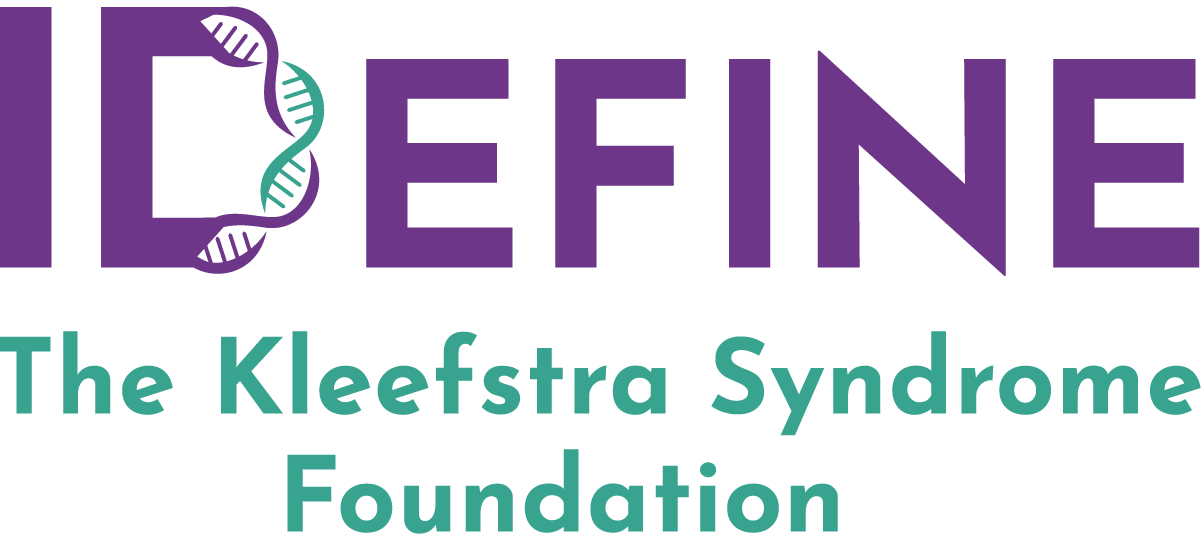Sleep study results expected at end of summer

Sleeping well is very important; not only does a good night of sleep allow you to awaken well rested, it also contributes to your ability to concentrate, process and remember information, and it reduces the risk for a number of common diseases.
Unfortunately, sleep problems are frequently mentioned as a problem affecting individuals with Kleefstra Syndrome and other neurodevelopmental disorders. Although sleep problems are very disturbing and can affect the daily life of the whole family, they remain poorly characterized and understood.
This motivated researchers at Radboud University Medical Center in the Netherlands to launch a study with the goal to map-out sleep patterns in individuals with Kleefstra Syndrome.
In the study caretakers of KS individuals were asked to fill out a survey and complete a graphical sleep diary over a period of two weeks. A total of 30 participants have completed the survey, of which 23 also completed the two-week sleep diary.
“With the results from this survey, we hope to provide an accurate inventory and further improve our recognition and understanding of sleep problems in Kleefstra syndrome,” said Dr. Annette Schenck, Radboud University Professor of Translational Genomics of Neurodevelopmental Disorders. “The collected data will allow us to follow up with sleep studies in animal models (fruit flies), aiming at understanding the underlying mechanisms and identify intervention strategies. Ultimately, we hope to improve the quality of life of people with Kleefstra Syndrome and sleep problems, and of their families.”
Drs. Lara van Renssen, a PhD candidate in Dr. Schenck’s lab, and Tjiske Kleefstra, now head of the Department of Genetics at Erasmus Medical Center, are also part of the study.
The participants were on average 15-years-old, with ages ranging from three to 36 years-old. The analysis of the survey is currently ongoing will be completed by the end of summer.
The researchers thank all of the participants from throughout Europe and North America for their contribution.

